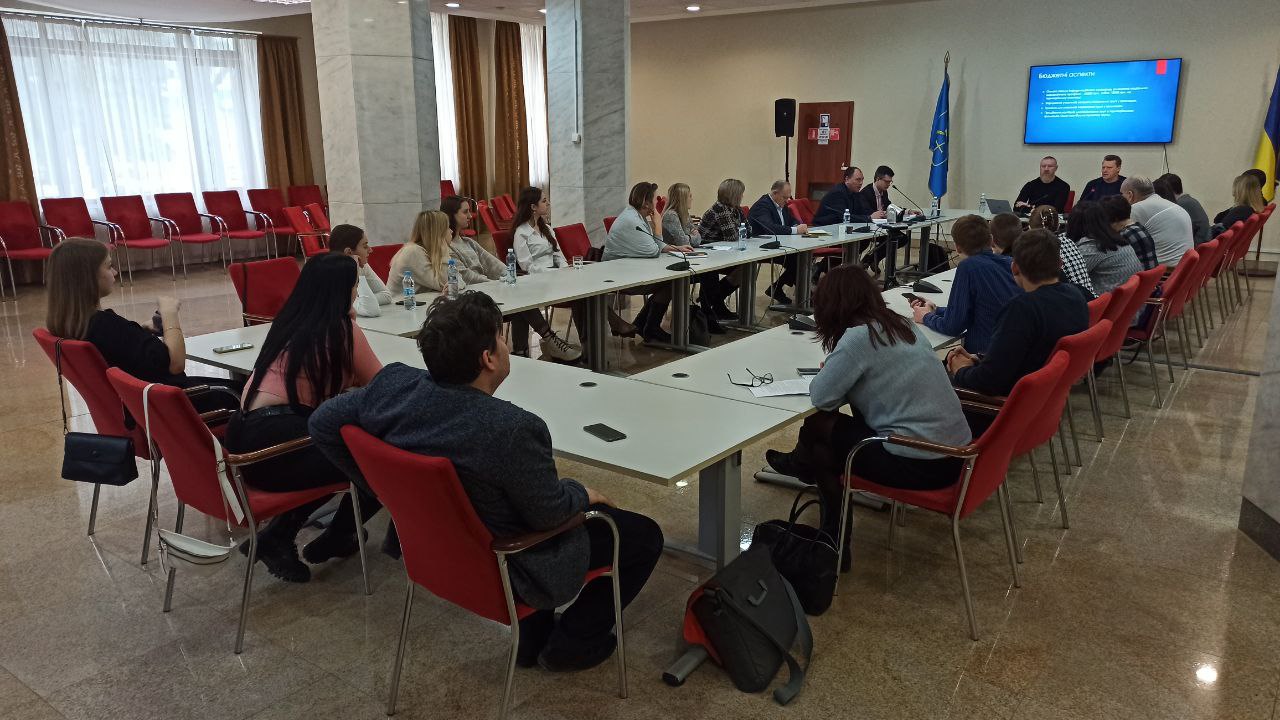The high level of income of the population of Ukrainian communities, which is caused by the availability of specialized jobs with acceptable wages at enterprises with high added value, an increase in the revenue part of the community budget and a high-quality solution to issues of security, defense, improvement, cultural recreation and medical care, opportunities for sports , healthy ecology...
These and other similar signs form the image of the Third Ukrainian Republic, which is currently desirable for Ukrainians, the best of whom today defend our right to free development and well-being on the battlefield. Such a reality can come only in the case of the development and implementation of realistic strategies for the socio-economic development of territorial communities with an orientation to enterprises with high added value as a prerequisite for attracting investments.
The non-governmental organization "Center of Public Initiatives "Intellect of Sumy Region", operating on the basis of Sumy State University, received support for the project "Strengthening the stability and social cohesion of de-occupied Ukrainian communities in the dimensions of consultative and advisory and media practices." The project was supported by the "Unity" initiative center for the promotion of activity and development of the public movement. ISAR Unity is a Ukrainian public organization that has been around for 23 years The project activity consists of scientific, strategic, consultative, media and educational components, which will be implemented in five communities of the Sumy region: Lebedynska city, Nedryhailivska and Stepanivska settlements, Sadivska and Novoslobidska rural united territorial communities of the Sumy region. As a result, it is planned to create a realistic and scientifically based Community Development Strategy, which will be developed with the participation of local experts and will be presented to the community for consideration.
The other day, the first project event was held in the Congress Center of Sumy State University, where the project was presented, its participants were introduced, and business cooperation was established.
Specialists involved in the project took part in the event:
- Oleg Tulyakov, author and head (coordinator) of the project, associate professor of Sumy State University.
- Vsevolod Kuzmenko, assistant project coordinator, organizational and legal direction, student of the Institute of Law of Sumy State University.
- Margarita Kisil, expert in socio-cultural development, graduate of the specialty "Management of Socio-Cultural Activity of Sumy State University".
- Andriy Lebid, expert in strategic planning, professor at Sumy State University.
- Mykola Nazarov, regional security expert, associate professor of Sumy State University.
- Volodymyr Semenov, expert on local self-government, associate professor of Sumy State University.
- Maksym Tkachev, director of the Sumy Channel online media.
Representatives of partner organizations were present:
- Oleksiy Usenko, Department of Information Activities and Communications with the Public of the Sumy Regional Military Administration (function – consulting in media activity).
- Anatoliy Sassa, public organization "Initiatives of Slobozhanshchyna" (function - involvement of people with disabilities in the project).
- Iryna Shumylo, Department of International Cooperation and Economic Development of the Sumy Regional Military Administration (function - coordination of project activities with state standards of strategic work).
The leaders of the project communities were involved in the project as important participants of the project: Lebedynska city, Nedryhailivska and Stepanivska settlements, Sadivska and Novoslobidska rural united territorial communities of Sumy region.
 eng
eng  укр
укр 
